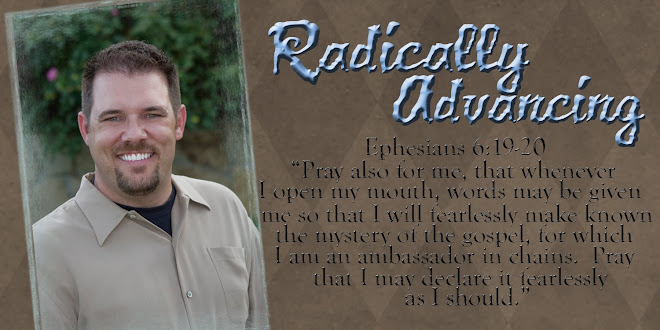Have you ever thought about the crowns that are mentioned throughout scripture? Probably not, I had never really thought about them until a couple of weeks ago when several of the songs that we sang in worship mentioned “crowns.” It got me thinking about their obvious importance in the scriptures and what they mean to us. So I did a little study! Over the next couple of days I would like to look at this interesting topic.
Crowns are mentioned throughout the New Testament. There is the crown that athletes receive as a result of winning the race (1 Corinthians 9:25). There is the crown of thorns that Christ wore on the cross; and Paul will mention those that he has led to Christ as his own earthly crown (Philippians 4:1). But the crowns that interest me the most are the eternal crowns.
2 Timothy 4:8 gives mention to one of the eternal crowns:
2 Timothy 4:8 (NIV)
8 Now there is in store for me the crown of righteousness, which the Lord, the righteous Judge, will award to me on that day—and not only to me, but also to all who have longed for his appearing.
Now the Greek of the phrase crown of righteousness is interesting. It seems, on the surface, that this phrase means that God will place on our heads a crown that has the word “righteousness” written on it. In fact what is meant here is that God will place righteousness on our head as though it is a crown.
So the only way for us to fully understand the crown of righteousness is to understand the word “righteousness”:
Righteousness means “the state of being right” (Harper’s Bible Dictionary). In other words to be righteous means that we have never been wrong. The only problem with any of us possessing the title of “righteous” is that, clearly, we have all done wrong.
So for us to understand our ability to be righteous we have to understand the concept of justification.
Justification: it is the judicial act of God, by which he pardons all the sins of those who believe in Christ, and accounts, accepts, and treats them as righteous in the eye of the law, i.e., as conformed to all its demands. In addition to the pardon (q.v.) of sin, justification declares that all the claims of the law are satisfied in respect of the justified. It is the act of a judge and not of a sovereign. The law is not relaxed or set aside, but is declared to be fulfilled in the strictest sense; and so the person justified is declared to be entitled to all the advantages and rewards arising from perfect obedience to the law (Easton’s Bible Dictionary).
In other words, we are righteous because God considers the righteousness of Christ and His willingness to receive our punishment on the cross; and pardon’s all of our sin so that we are considered as absolutely without sin before Him!
Think about that for a second; even though I am absolutely sinful and rebellious against God, because of the sacrifice of Christ God declares me to be absolutely right when I stand in front of Him!
So, what Paul is saying in this verse is that if I (and you) will place our faith in Christ then God will place righteousness on our head as though it were a crown! And, I can have full confidence in the receipt of that crown because it has been purchased with the blood of Christ and promised by God!
Let us delight today in the crown of righteousness that awaits any of us who have placed our faith in Christ to purchase our sin and grant us eternal life in heaven. Let us be a people who freely share this gift that awaits any who believe!
Lord I praise you for my righteousness. I know that my sin reveals my need for judgment, but your love and sacrifice has purchased grace for me! Lord please help me to live in the righteousness that cost you so much today! I praise you!



No comments:
Post a Comment